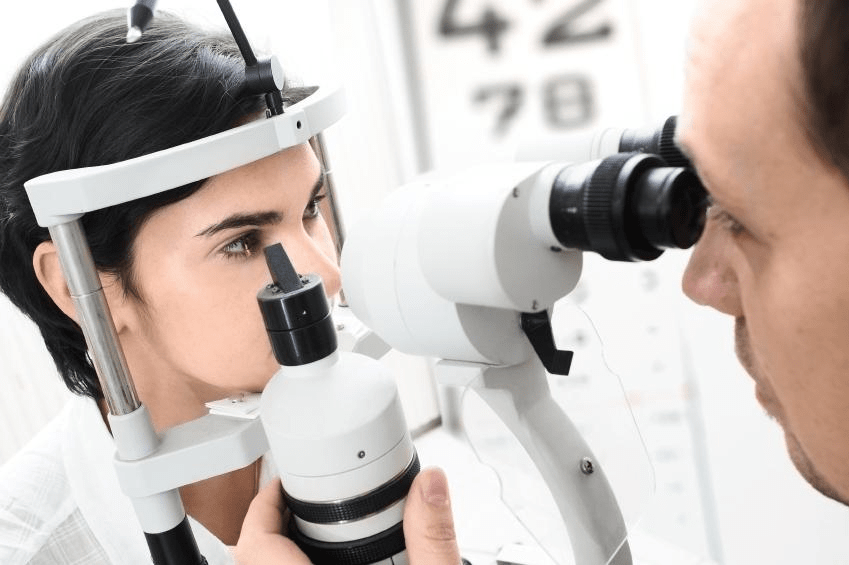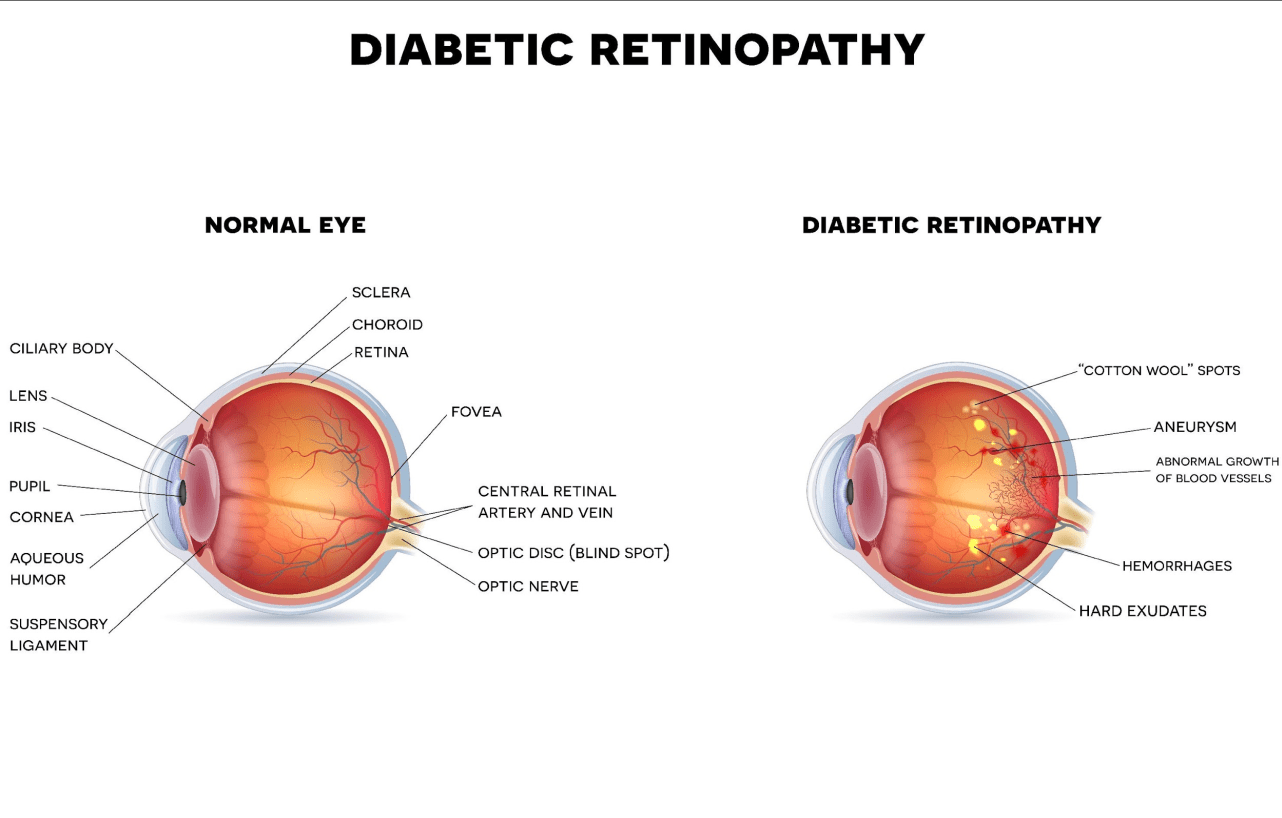
Dry Eye Treatment
Tear production is critical to the health and wellness of the eyes. Tears bathe the eyes, keeping them lubricated and comfortable. Dry eye syndrome is a condition in which the eyes produce an inadequate amount of tears or the tears are of poor quality.
Treating dry eye syndrome is not as straightforward as simply using eye drops. If you suffer from dry eye symptoms, our ophthalmologists will work to understand the cause of your condition and design a treatment plan to meet your specific needs.
A treatment plan can include a combination of any of the following:
- Over-the-counter or prescription artificial tears to supplement natural tear production
- Over-the-counter or prescription topical ointments to decrease inflammation around the surface of the eyes
- Prescription eye drops to increase tear production
- A procedure or punctal plugs to block the tear ducts, stop tear drainage and increase lubrication
Diabetic Retinopathy Screenings
People with diabetes are at heightened risk of developing eye conditions like diabetic retinopathy, cataracts and glaucoma. Uncontrolled high blood sugar can damage the small blood vessels in the retina (the light-sensitive tissue lining the back of the eye), causing them to bleed or leak fluid. In advanced stages, new abnormal blood vessels multiply on the surface of the retina, causing scarring and cell loss. Left undetected and untreated, diabetic retinopathy can cause significant vision impairment and blindness.
In its infancy, diabetic retinopathy is typically asymptomatic. It is important for people with diabetes to have regular eye exams so their doctor can detect any problems early.
Our ophthalmologists perform diabetic retinopathy screenings, during which we take a detailed look at the retina, test visual acuity and look for other signs of diabetic eye diseases. If the retina has suffered damage, we can quickly review suitable treatment solutions and select the best option.
Macular Degeneration
What is Macular Degeneration?
Age-related macular degeneration is one of the leading causes of blindness and low vision in the United States. The natural effects of aging can cause the central portion of the retina, called the macula, to slowly break down. The macula is responsible for clear central vision, so as it deteriorates, the eye loses its ability to capture fine details. For example, in advanced cases of macular degeneration, you could identify the outline of someone’s face but not their features.
The longer macular degeneration exists, the higher the risk of permanently losing detailed central vision. Therefore, it is important for aging adults to have regular eye exams to check for signs of macular degeneration (and other eye diseases).
How Does the Macular Degeneration Screening Work?
Our ophthalmologists use special equipment to examine the retina and back of the eye carefully. An Amsler grid is a special tool that they can use to detect vision problems resulting from damage to the macula.
There is currently no cure for macular degeneration, but if it’s caught early enough, there are special supplements designed to slow the progression of the disease.
Contact Us
For more information about dry eyes, diabetic retinopathy, macular degeneration or general eye health, please contact the Zambelli team at our Rochester, PA location.

